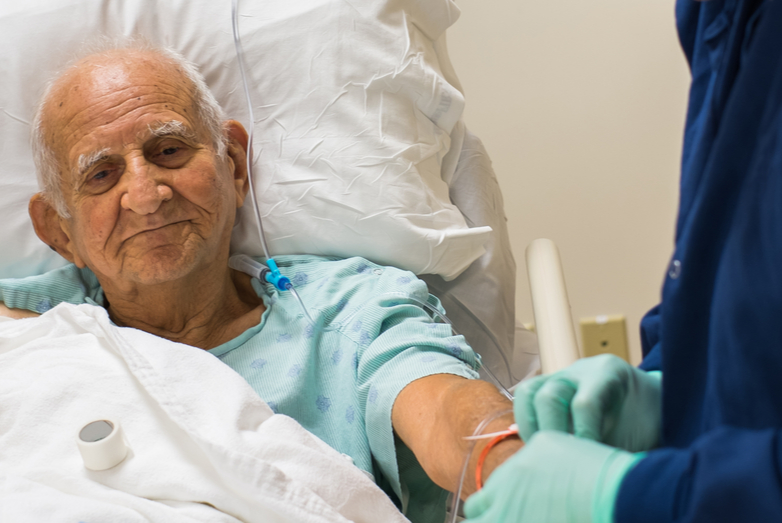Surgery isn’t fun and the goal is always to recover as fast as possible so you can return to your normal day-to-day life. Thanks to a considerable amount of research on the topic, there is one thing seniors can do to ensure a faster post-surgery recovery, and that’s to train for surgery.
Enjoy Faster Post-Op Recovery for Seniors: How to Train for Surgery
If you’re stressed out about something, people will often tell you to stop thinking and stressing about it- to just let it go. While this might be sound advice in some cases, seniors planning for surgery should do the opposite. Recent students at hospitals around the US have found that older patients should mentally and physically prepare for their surgery.
You would train to run a marathon or start a new job, and it’s equally important to train yourself for an upcoming surgery. At the University of San Francisco’s Surgery Wellness Program, senior patients are doing all types of things to prepare for surgery. Including meeting with physical and occupational therapists and making dietary changes after meeting with dieticians.
The program is currently busying creating an app (Prehab Pal) which will use algorithms to create personalized plans intended to prepare elderly patients for surgery.
What Are Some Things You Can Do to Prepare?
According to the Michigan Surgical & Health Optimization Program at the University of Michigan, patients can do a number of things to prepare for surgery, such as:
- Add daily walks to your routine to help build up stamina and endurance, this also encourages better blood flow prior to surgery.
- Work on breathing exercises and practice breathing techniques on a daily basis. This helps relax the mind and body, while also giving you a coping mechanism when discomfort or post-surgery pain hits.
- They also recommend eating (and avoiding) certain foods in the days leading up to your surgery. Eating plenty of food is important because most people have a decrease in appetite following surgery and will inevitably lose weight.
- Cut out the vices in your life like smoking, drinking alcohol or skipping meals. Smoking especially increases healing times as smoke depletes your body of essential oxygen needed to heal.
Following this list of guidelines has proven rather profitable for patients. In fact, an early study based around participants following these guidelines showed an average savings of $2,308 in hospital costs compared to patients who changed nothing about their lifestyle leading up to surgery.
A Deeper Look at the Numbers
A report that came out of Duke University Medical Center’s surgery preparation program for seniors gives more insight into why prepping for surgery is so effective.
Their study was made up of all older patients who were scheduled to undergo abdominal surgery. Those who prepared for surgery spent four days in the hospital, while those who didn’t prepare spent 6 days in the hospital.
In addition, around sixty-two percent of patients who did not prepare required home health care after they were discharged from the hospital. As for the patients who did prepare, only fifty-one percent required in-home care following surgery.
Furthermore, well-prepped patients were less likely to find themselves back in the hospital due to related complications.
Many doctors are now saying that the actual preparation for surgery is just as, if not more so, important than the actual surgery itself.
Do You Have a Transportation Plan in Place?
It’s important that recovering seniors have reliable transportation to make it to all of their scheduled doctor appointments, physical therapy sessions, and all other appointments related to their pre- and post-surgical needs.
Stellar Transportation is here to take care of all your transportation needs in Melbourne, Florida and beyond. Contact us today to get a quote or check out our pricing page.

